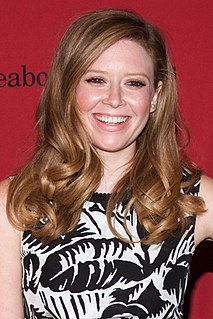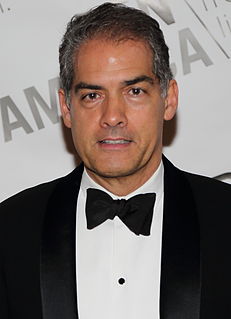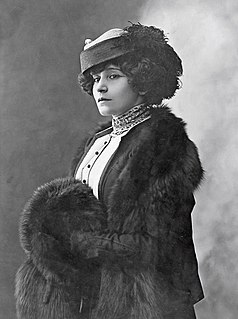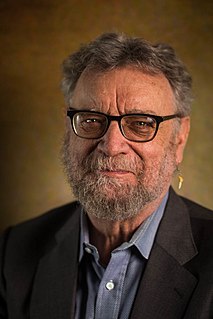A Quote by Natasha Lyonne
You've got to do something with all the books you've read, so you might as well imagine you've optioned them.
Related Quotes
Have you really read all those books in your room?” Alaska laughing- “Oh God no. I’ve maybe read a third of ‘em. But I’m going to read them all. I call it my Life’s Library. Every summer since I was little, I’ve gone to garage sales and bought all the books that looked interesting. So I always have something to read.
I'm always reading many books at a time. It might be quite unorthodox, but what I do is, since I'm always surrounded with books, I'll read a page of physics, and then I'll read a chapter of a novel that I really love, and then I'll say, "Oh well, what does that mixture do in my head?" I adore reference books. I love encyclopedias. I also like just going back to original texts, because a lot of these self-help books today.
The second suggestion is to think as well as to read. I know people who read and read, and for all the good it does them they might just as well cut bread-and-butter. They take to reading as better men take to drink. They fly through the shires of literature on a motor-car, their sole object being motion. They will tell you how many books they have read in a year. Unless you give at least 45 minutes to careful, fatiguing reflection (it is an awful bore at first) upon what you are reading, your 90 minutes of a night are chiefly wasted.
The man who doesn't read good books has no advantage over the man who can't read them. It is said that leaders are readers. However if they read trashy magazines for the majority of their time and they never run with the information that they glean from resourceful books, then they may as well have not taken any time to read at all. It is easier to stay out than get out.
You see? Characters in books do not read books. Oh, they snap them shut when somebody enters a room, or fling them aside in disgust at what they fancy is said within, or hide their faces in one which they pretend to peruse while somebody else lectures them on matters they'd rather not confront. But they do not read them. 'Twould be recursive, rendering each book effectively infinite, so that no single one might be finished without reading them all. This is the infallible message of discovering on which side of the page you are on.
The best thing about conceptual poetry is that it doesn’t need to be read. You don’t have to read it. As a matter of fact, you can write books, and you don’t even have to read them. My books, for example, are unreadable. All you need to know is the concept behind them. Here’s every word I spoke for a week. Here’s a year’s worth of weather reports... and without ever having to read these things, you understand them.



































